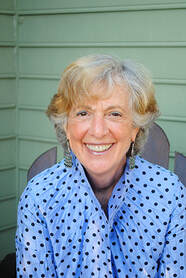 Seven white guards ringed the courtroom. Two more stood at Shadrach Minkins’ side. His lawyer Robert Morris, a black member of the Boston Vigilance Committee, a group of abolitionists who helped runaway slaves like Minkins, talked softly to him. Five other white men, who were also abolitionists stood behind Morris. Shadrach appreciated their support but he knew it wouldn’t matter. His three months of freedom in Boston, Massachusetts were over; he would be dragged back to Norfolk, Virginia and his owner, John DeBree. The Fugitive Slave Act of 1850 had been passed a year earlier: if runaway slaves were tracked down in the free states, they had to be returned to their owners. The guards started letting a few people at a time into the courtroom until it was packed with over a hundred and fifty black men and about fifty white men. Morris went up with DeBree’s lawyer to speak to the judge. “I need more time to prepare my client’s case,” Morris told the judge. Debree’s lawyer protested. The judge agreed to give Morris a few more days. Then he ordered the courtroom cleared. Most of the white men hurried out. Not one black man moved. “Clear the court!" the bailiff shouted. No one moved. The guards walked threateningly toward the black spectators, and they reluctantly got up to leave. The guard opened the courtroom door just wide enough for one man at a time to get out. Shadrach watched them leave. Morris was the last. When the door was opened for him, twenty black men and a good number of whites pushed into the courtroom. The guards on either side of Shadrach pressed him close. The seven guards along the wall tried to move toward Shadrach, but the crowd moved more quickly and pressed them back. Two men hoisted Shadrach to his feet. “Take him out the side door,” someone shouted. A guard’s voice echoed in Shadrach's ears as the crowd ran triumphantly out the side courtroom door, down the stairs, out into the street with their prize. Five days later, on February 20, 1851, Shadrach arrived in Canada shepherded by various Underground Railroad conductors along the way. His rescue caused an uproar. Southerners demanded an investigation. Northern abolitionists insisted the Fugitive Slave Act was illegal. Eight men, including Morris were arrested, but the charges were dropped. Eighteen months later Shadrach was married and running a barber shop in Montreal. 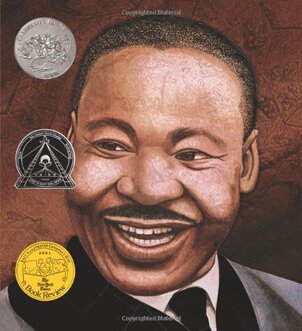 Doreen Rappaport is known for her ground-breaking approach to multicultural history and stories for young readers. In her many award-winning books, she brings attention to not-yet-celebrated Americans, along with well-known figures. Her book Martin's Big Words: The Life of Dr. Martin Luther King, Jr. is an Orbis Pictus Honor Book, Coretta Scott King Honor Book, Caldecott Honor Book for Illustration, and an ALA Notable Book. For more information, click here. And while you're on Doreen Rappaport's website, look at the list of her African-American History books.
0 Comments
Leave a Reply. |
The Nonfiction Minute returns on 9/12/20.We publish the Minutes for the coming week on Saturdays so teachers can make plans and we update the Minute for each day, so a new Minute appears at the top of the queue. ArchivesCategories |


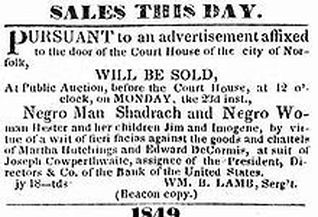
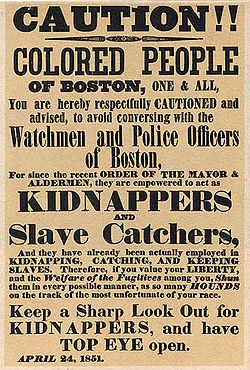
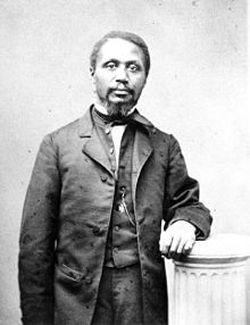
 RSS Feed
RSS Feed
